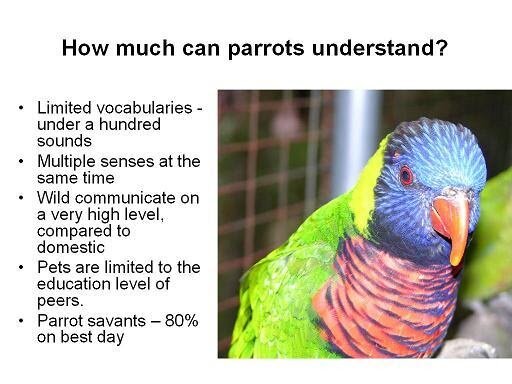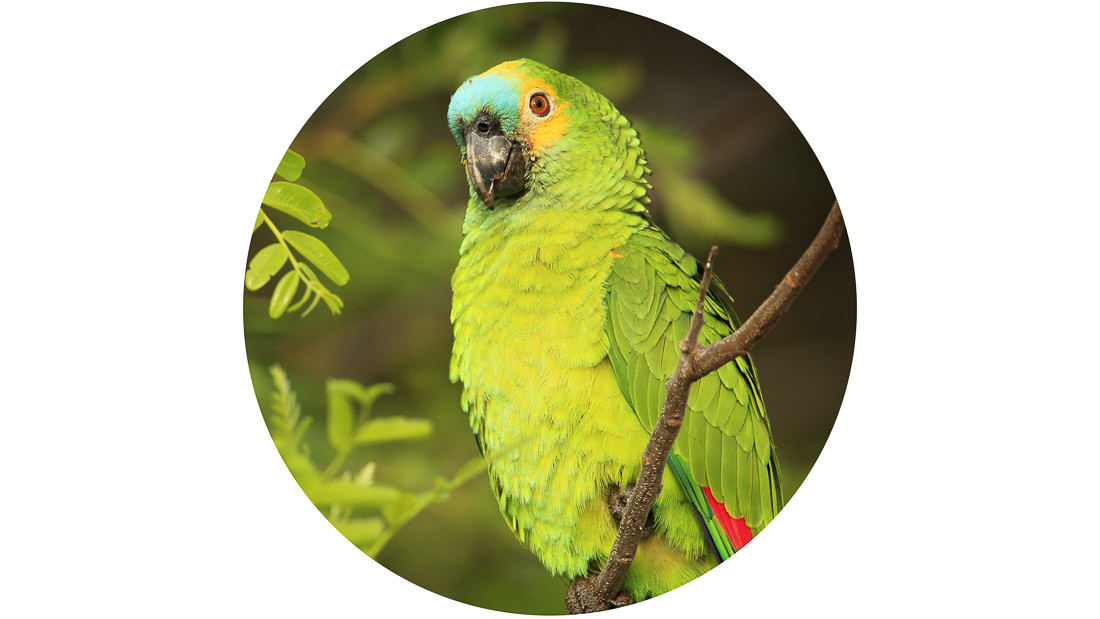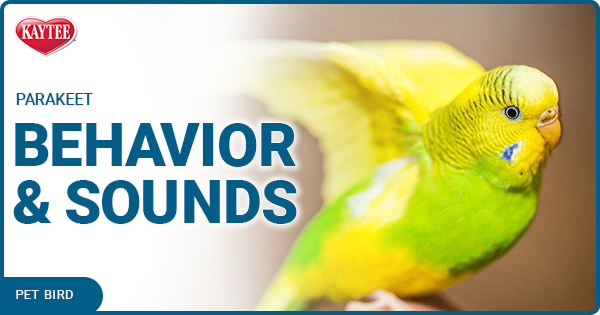Parrots are known for their intelligence and ability to mimic human speech. While some may naturally pick up words and phrases, others may need training in order to become proficient talkers. Training a parrot to talk can be a fun and rewarding experience for both the bird and its owner. In this article, we will discuss the steps and techniques involved in training a parrot to talk.
Understanding Your Parrot's Capabilities and Limitations

Before you begin training your parrot, it is important to understand that not all parrots have the ability to talk. Some species, such as cockatiels and macaws, are more likely to learn words and phrases than others. Additionally, individual parrots have their own unique personalities and may possess different levels of talking ability. It is important to manage your expectations and be patient with your parrot during the training process.
Species and Individual Differences
As mentioned, some parrot species are more likely to talk than others. Generally, larger species such as African grey parrots, Amazon parrots, and cockatoos have better talking abilities. However, this does not mean that smaller species like budgies or lovebirds cannot learn to talk. It ultimately depends on the individual bird's personality and willingness to learn.
Consider Age and Background
The age and background of your parrot can also play a role in its ability to talk. Younger birds are more impressionable and may learn faster than older birds. Additionally, if your parrot has had previous training or exposure to humans, it may be more receptive to learning to talk.
Signs That Your Parrot May Be Ready to Talk
While there is no guarantee that your parrot will talk, there are some signs that may indicate a readiness to learn. These include:
- Vocalization: If your parrot is already making noises, chirps, or squawks, it may be more receptive to learning words and phrases.
- Mimicking: If your parrot is mimicking other sounds such as household noises or the sound of a doorbell, it may also be more likely to learn to talk.
- Socialization: Parrots that have been properly socialized and are comfortable around humans are more likely to pick up words and phrases.
Building Trust and Bonding with Your Parrot

Before you can begin training your parrot to talk, it is important to establish a bond of trust and respect. This will not only make the training process smoother, but it will also help your parrot feel safe and comfortable in its new environment. Here are some ways to build trust and bond with your parrot:
Spend Time Together
Spend time with your parrot every day, even if it is just sitting near its cage and talking to it. This will help your parrot become familiar with your voice and presence.
Offer Treats
Food is a great way to a parrot's heart. Offer your parrot treats such as fruits, vegetables, or nuts while speaking to it. This will create a positive association between you and the treats, making your parrot more likely to respond to you.
Use Positive Reinforcement
When your parrot does something good, such as responding to its name or attempting to mimic a word, reward it with praise and a treat. This will reinforce the behavior and encourage your parrot to continue trying.
Training Techniques for Teaching Your Parrot to Talk

There are several techniques you can use to train your parrot to talk. It is important to find the one that works best for your parrot's personality and learning style. Here are a few techniques to consider:
The Repetition Method
This method involves repeatedly saying a specific word or phrase to your parrot until it learns to mimic it. Start with simple words or short phrases, and say them clearly and consistently. It may take some time for your parrot to pick up the words, so be patient and continue to repeat them.
The Social Method
This method involves using social cues to encourage your parrot to talk. For example, you can try talking to your parrot in front of a mirror, which may make it feel like it is having a conversation with itself. You can also try talking to your parrot while holding it close to your face, as this will make it easier for it to see your mouth movements.
The Recording Method
Some parrots learn best by hearing their own voice. Consider recording yourself saying words and phrases and playing them back for your parrot. This will allow it to hear the words in its own voice, making it more likely to mimic them.
Tips for Successful Parrot Training

- Be consistent and patient: Parrots are intelligent but they also require a lot of repetition and consistency in training. Stick to a routine and be patient with your parrot.
- Use positive reinforcement: Praise and reward your parrot when it attempts to talk or makes progress in its training.
- Keep training sessions short and frequent: 10-15 minutes per session, multiple times a day, is more effective than longer sessions less frequently.
- Choose a quiet and distraction-free environment: Background noise or distractions can make it difficult for your parrot to focus on learning.
- Be mindful of body language: Your parrot may associate certain hand gestures or facial expressions with specific words or phrases, so be aware of what you are doing while talking to your parrot.
FAQ

Q: Can any parrot learn to talk?
A: While some species are better at talking than others, individual birds also have their own unique abilities and personalities. With patience and proper training, most parrots can learn to talk at least a few words or phrases.
Q: At what age should I start training my parrot to talk?
A: Younger birds are more impressionable and may pick up words and phrases faster. However, older birds can also learn to talk with patience and consistency.
Q: How long does it take for a parrot to learn to talk?
A: It varies from bird to bird, but it typically takes several months of consistent training for a parrot to become proficient in talking.
Q: Can I train my parrot to say specific words or phrases?
A: Yes, with repetition and consistency, you can train your parrot to say specific words or phrases. However, it ultimately depends on the individual bird's ability and willingness to learn.
Q: My parrot isn't making any progress in learning to talk. What should I do?
A: Be patient and continue to reinforce good behavior with rewards. If your parrot still shows no progress after several months of consistent training, it may not have the capability or interest in talking.
Conclusion

Training a parrot to talk requires patience, consistency, and a strong bond between the bird and its owner. While some parrots may naturally pick up words and phrases, others may need training in order to become proficient talkers. By understanding your parrot's abilities and limitations, building trust and bonding with it, and using effective training techniques, you can successfully teach your parrot to talk and strengthen your relationship with it.



